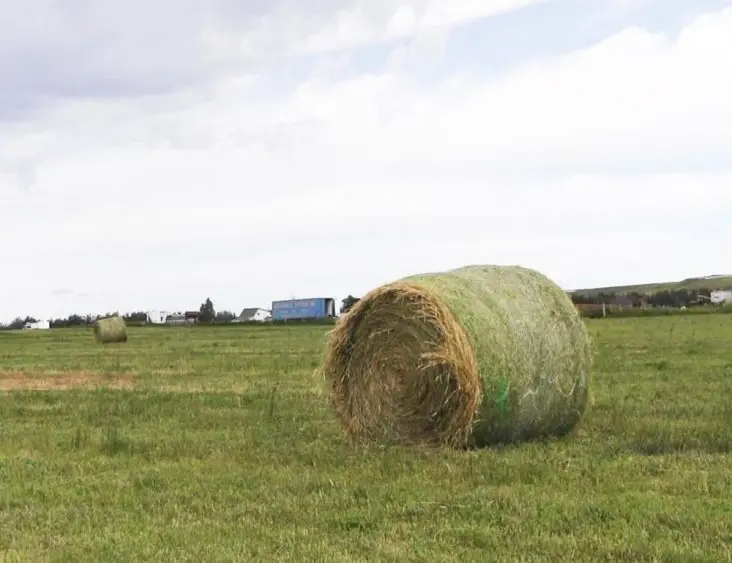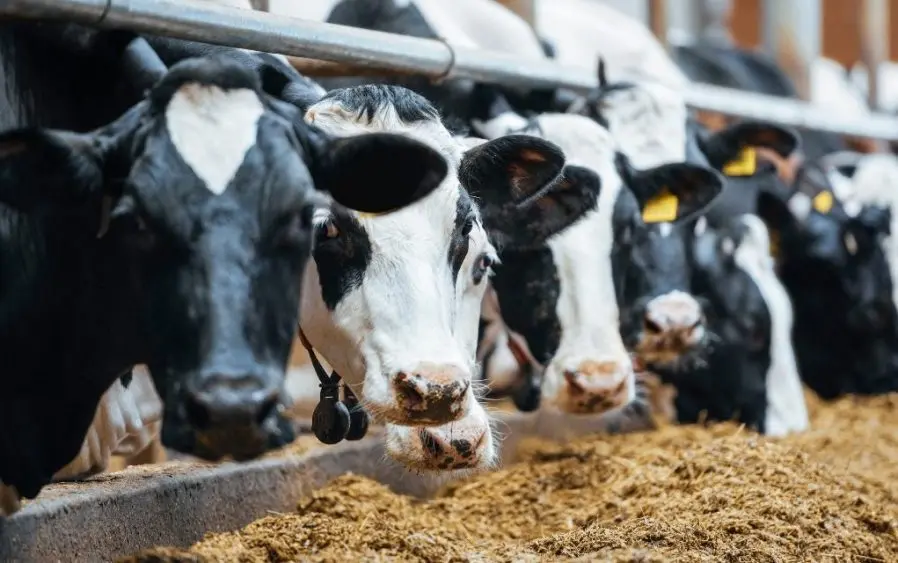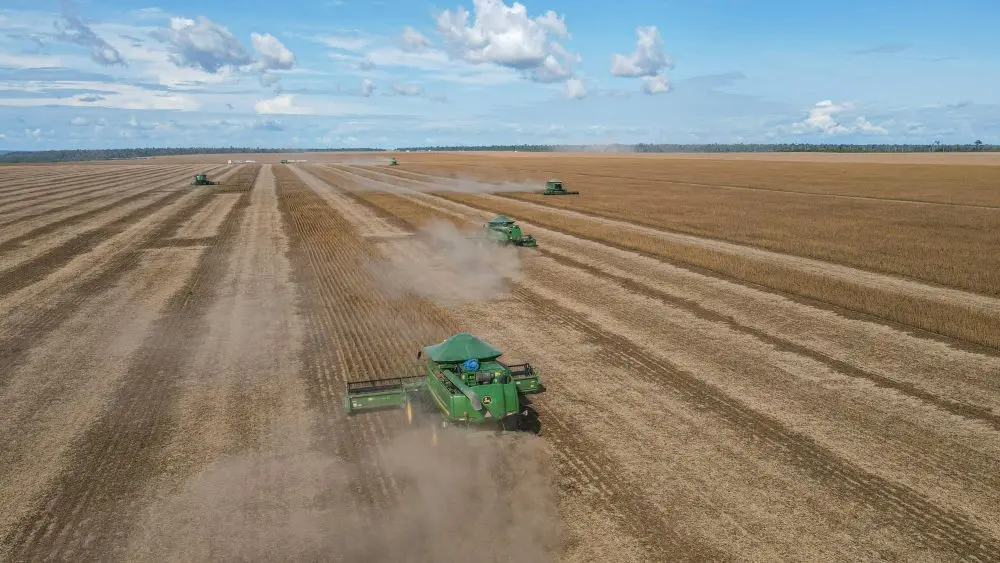Analysts say food exports from the U.S. Midwest could play a pivotal role in any trade agreement between the United States and China. Political and business leaders from across the region recently met with senior Chinese trade negotiator Li Chengang to discuss the commercial relationship between the two nations. While Monday’s discussions yielded few details, analysts told U.S. News they expect President Donald Trump to push China to commit to buying more American agricultural goods, among other concessions, to resolve the ongoing tariff war.
China remains the world’s largest soybean buyer, yet the country hasn’t purchased any U.S. soybeans this year, most of which are grown in the Midwest. America’s soybean harvest is underway this September, with USDA projecting farmers will bring in 4.3 billion bushels. But with shipments to China stalled, the U.S. market is facing mounting pressure. In a typical year, China purchases more than half of all U.S. soybean exports, according to Farmdoc at the University of Illinois.
Brazil has stepped in to fill the gap, setting export records between January and August for shipments to China. By comparison, U.S. exports to China during that same period totaled just 218 million bushels, or 29 percent of total exports, versus 985 million bushels in 2024. Shipments from June through August were effectively zero. The duty rate on U.S. soybeans remains steep at 34 percent in 2025, leaving farmers waiting on a breakthrough in negotiations.
The uncertainty has rattled commodity markets, with soybean futures recently sinking to five-year lows after little progress was reported on agricultural trade. Meanwhile, U.S. Ambassador to China David Purdue said negotiations over Chinese purchases of Boeing aircraft are likely in their final stages, but soybean sales remain on hold as producers brace for the outcome of high-stakes talks.





